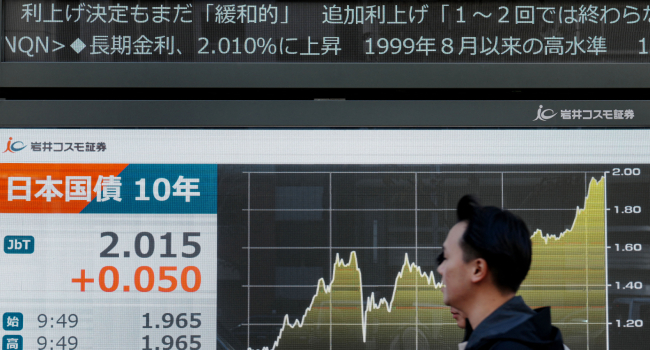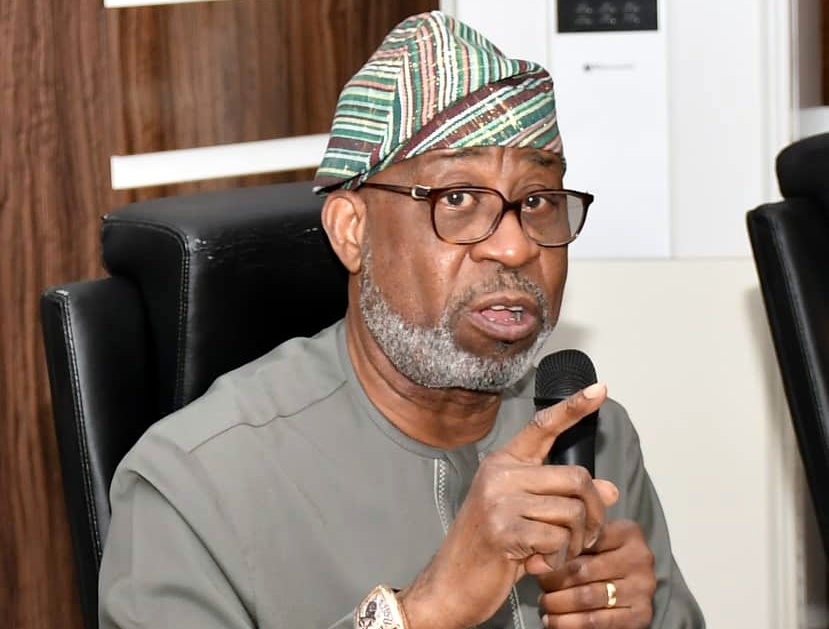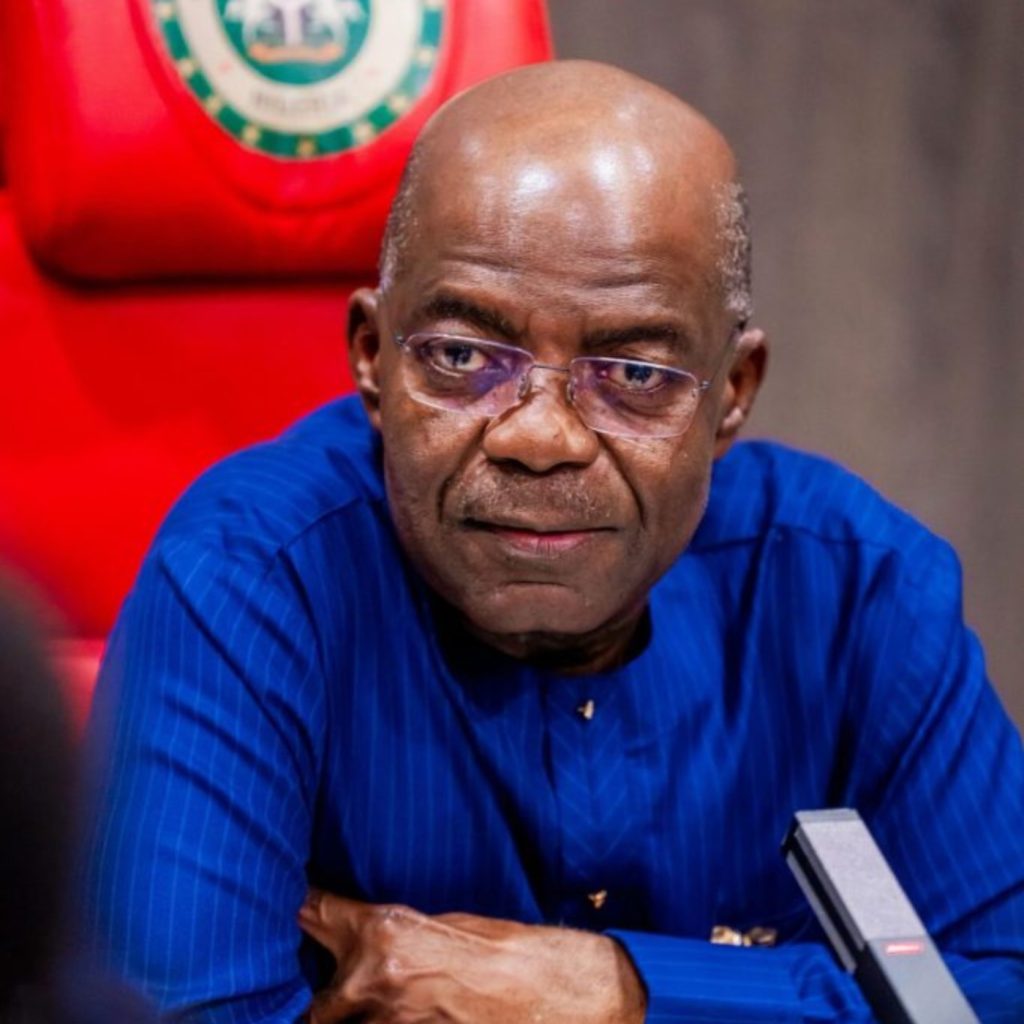Last week, a powerful video by gospel artist Aymeê Rocha shed light on the grave social issues plaguing Marajó Island, sparking widespread discussion and action. Rocha’s poignant song delved into troubling topics such as pedophilia, child sexual exploitation, and organ trafficking in the Pará region, bringing attention to the area’s struggles with poverty and violence. This incident not only stirred public emotions but also raised questions about the dissemination of information and the harsh realities faced by the residents of Marajó.
The viral video quickly garnered attention, prompting influencers and social media users to launch fundraising campaigns in support of Marajó Island. However, organizations like the Marajó Observatory urged caution, emphasizing that the local population does not condone violence against children. Amidst the surge of awareness, there were also concerns raised about unverified claims and fake news, including allegations made by Senator Damares Alves in 2022 that were never substantiated.
Reports of sexual exploitation in Marajó date back to at least 2006, with Bishop José Luís Azcona being one of the first to report these crimes. A 2009 report highlighted the dire circumstances in the area, with young girls resorting to prostitution out of desperation. While the Public Prosecutor’s Office of Pará clarified that statutory rape is the most prevalent crime in the region, occurring more frequently in other municipalities, they also stated that there have been no reports of organ trafficking. Prosecutor Paula Camacho acknowledged the challenges faced by Marajó but also emphasized ongoing efforts to combat these crimes.
The attention on Marajó Island has sparked a crucial dialogue about the issues it grapples with, particularly child exploitation and the importance of accurate information. While the viral video has shed light on the island’s plight, it also underscores the complexity of social issues and the need for informed approaches to address them. Moving forward, the focus remains on supporting victims, improving conditions on the island, and ensuring that assistance is provided with a clear understanding of the local context.
As the story unfolds, it becomes clear that the journey towards change is filled with obstacles but also opportunities for progress. The response to Aymeê Rocha’s video showcases the power of social media in raising awareness and mobilizing support. However, it also highlights the importance of responsible reporting and advocacy to ensure that interventions are truly beneficial to those in need. The road to a brighter future for Marajó Island is ongoing, and sustained attention, empathy, and accurate information will be crucial in effecting lasting positive change.



